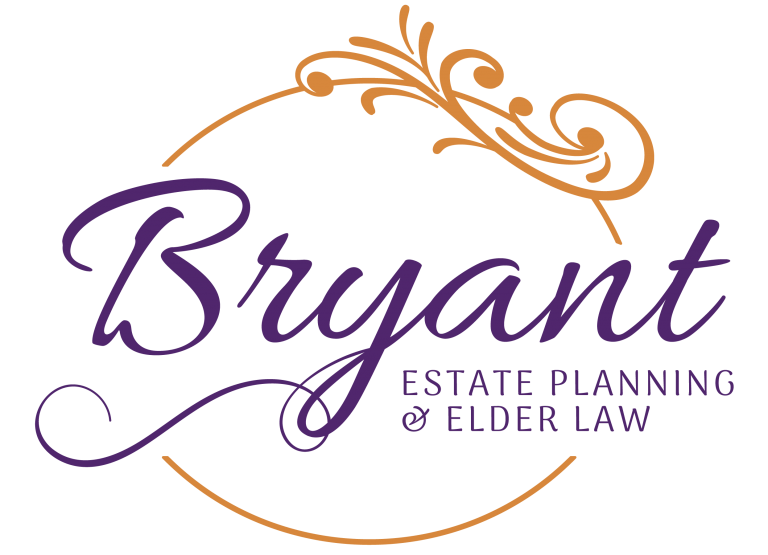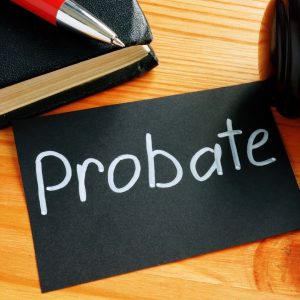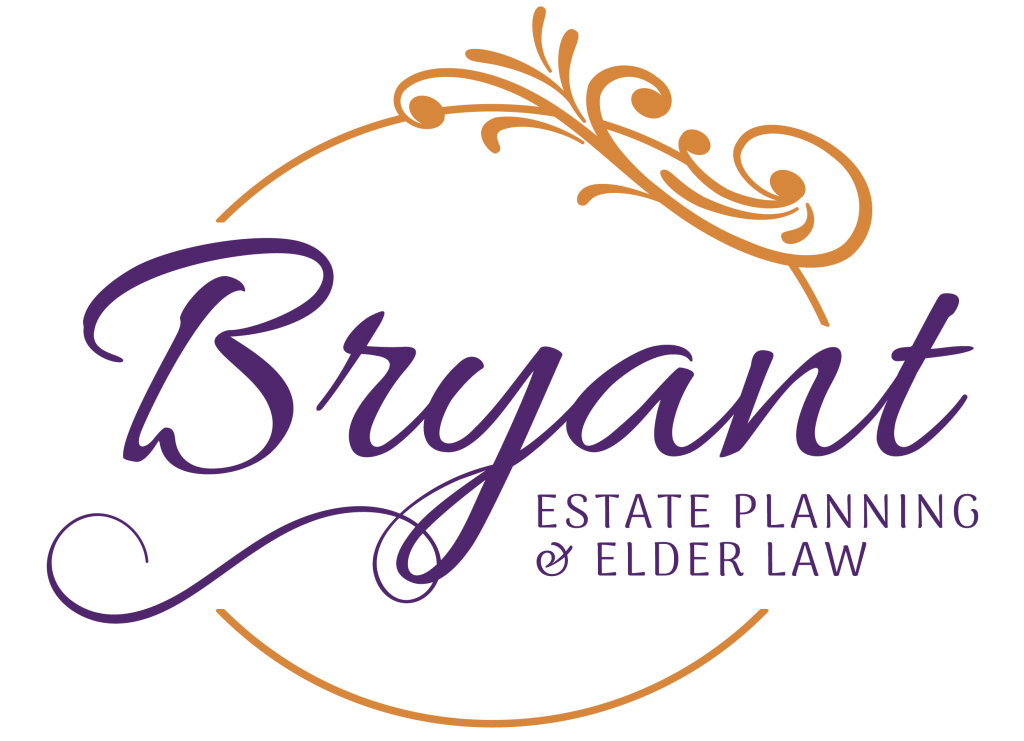The Ombudsman—Advocate for Residents’ Rights
You or someone you know has likely lived in a skilled nursing facility or other long-term care facility. A resident is in a long-term care facility typically due to a hospital stay from a serious medical event, or even just from a gradual decline in health and an increase in care needs. Residents of these facilities are often in a very vulnerable position due to their health.
Families and friends are often wonderful advocates for their loved ones and ensure that their needs are being met. To ensure residents are further protected, each long-term care facility is assigned an ombudsman. A long-term care ombudsman serves as a champion for residents’ rights. They often advocate for issues related to the day-to-day needs of residents including, but not limited to:
- Violation of residents’ rights or dignity
- Physical, verbal, mental, or financial abuse
- Poor quality of care
- Dietary concerns
- Medical care, therapy, and rehabilitation issues
- Medicare and Medi-Cal benefit issues
- Improper transfer or discharge of a resident
- Inappropriate use of chemical or physical restraints
An ombudsman will ultimately follow the expressed wishes of residents or, in cases where residents do not have the ability to communicate their choices, the expressed wishes of their representative (e.g. power of attorney). They often also serve as mediator between opposing views of the resident’s family, friends, or providers.
Keep in mind that while nearly 80% of California’s state-certified ombudsman representatives are volunteers, they receive extensive training including a supervised internship and twelve additional hours of ongoing education every year.
Due to the coronavirus, new restrictions on visitation intended to protect long-term care residents have impacted the ability of families and friends to stand up for their loved ones since they may not be able to physically check on them. If you feel that the skilled nursing facility that your loved one resides at is not making reasonable efforts to allow you to stay in communication with your loved one, or allow you to receive updates about their condition, the ombudsman is still available to help. The name and contact information of the facility ombudsman should be displayed in public areas in the facility, but the ombudsman can also be located at the State of California, Department of Aging’s website, by phone at 1-800-510-2020, or though the Statewide CRISIS line number at 1-800-231-4024.
We, at the Law Offices of Lisa C. Bryant, INC, will remain available to support you and your family during this time should you have questions about medical directives, Medi-Cal, and/or skilled nursing facilities. Please do not hesitate to reach out to our office at (408) 217-2977.
All materials have been prepared for general information purposes only to permit you to learn more about our firm, our services, and the experience of our attorneys. The information presented is not legal advice, is not to be acted on as such, and may be subject to change without notice.




